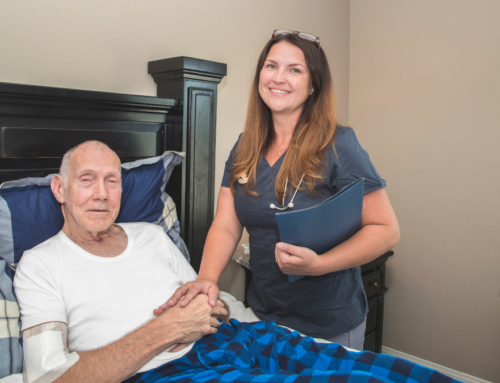
Cyber Crime is not a passing fad. It is on the rise, and everyone is at risk today. Unfortunately, these criminals love to prey on older individuals and they are very cunning in their methods, often resorting to tricks like guilt, pity and family as “bait” for their scam.
So, how do you help protect your loved ones from this? Read below for some handy tips and strategies to help keep you, and your loved ones, safe from cyber criminals…
How to protect your loved one’s identity
It’s the lowest of lows, even for identity thieves. Each year criminals use the identities of 2.5 million deceased Americans to establish fraudulent credit accounts, according to data from ID Analytics.
It’s called “ghosting,” and its crimes include filing bogus tax returns or health care claims in the names of dead people.
Come again? Identity thieves find the deceased’s personal information from hospitals, funeral homes and even obituaries.
“The thinking used to be that thieves read the death notices to rob the house when everyone was at the funeral, but now they come to steal personal financial information,” says Neal O’Farrell, executive director of The Identity Theft Council, a Walnut Creek, California, group that helps fraud victims resolve their cases.
Because it can take weeks or even months for financial institutions, government offices and credit reporting bureaus to process a death, ghosting thieves have lots of time to commit fraud.
“This is a real one-two punch for surviving family members,” says Eva Velasquez, president and CEO of the Identity Theft Resource Center, a San Diego nonprofit organization that aids fraud victims. “Not only do they have to unwind the mess, but there is a real emotional impact because they are already grieving.”
Businesses and government agencies primarily suffer the financial consequences of ghosting, but surviving spouses and children also can be liable if they shared accounts with the deceased, says Velasquez.
Here are the steps Velasquez and other experts suggest survivors take to protect a loved one’s
identity after a death.
1. Be sparse with obituary details. You can list the person’s age in an obituary or death notice, but try to avoid date of birth, maiden name or other identifying details. And definitely skip the home address.
2. Notify financial institutions. If there is a surviving spouse or other joint account holder, send a death certificate as soon as you can to credit card companies, banks, stock brokers, loan holders and mortgage companies. If you close any accounts, ask the institution to list it as: “Closed. Account holder is deceased.”
3. Contact all credit reporting agencies. You may need to follow specific instructions for each agency and send a death certificate to each. Ask that the agency flag the person’s credit report with the following alert: “Deceased. Do not issue credit.” At the same time, request a copy of the decedent’s credit report so you know all active credit accounts that may need to be closed and any pending collections. You’ll need to do this in writing.
The addresses are:
Experian, P.O. Box 4500, Allen, TX 75013;
Equifax Information Services LLC Office of Consumer Affairs, P.O. Box 105139, Atlanta, GA 30348;
and TransUnion LLC, P.O. Box 2000, Chester, PA 19022
4. Check credit reports. A few weeks later, check the credit report of the person from one of the three agencies to see if there is any suspicious activity. Do the same a few months later as well.
5. Alert other institutions. Report the death to the Social Security Administration and the Department of Motor Vehicles in an effort to take the person’s Social Security number and driver’s license out of circulation.
Reprinted with permission of http://www.idtheftcenter.org/index.php/Alerts/ghosting.html





